Goodbye Vietnam
E phatlaladitšwe: 03.05.2019
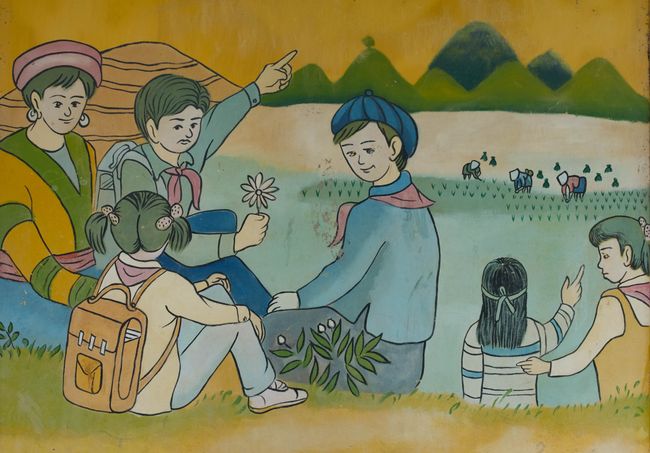
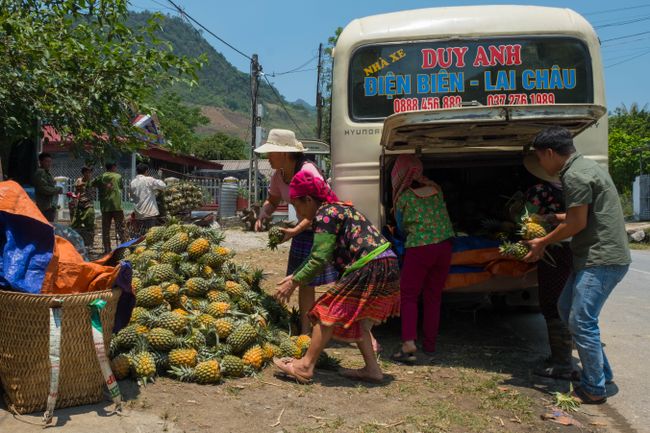
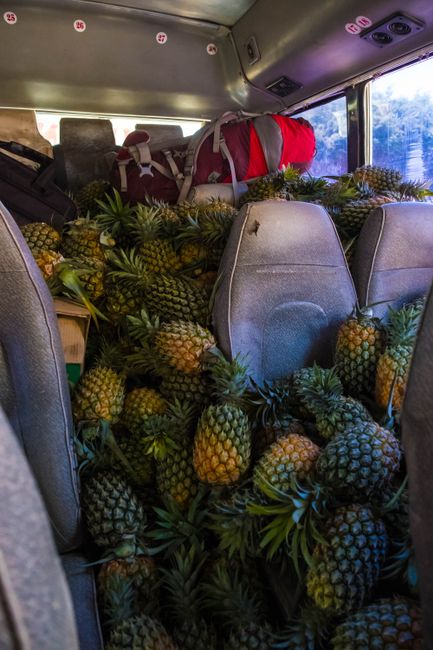
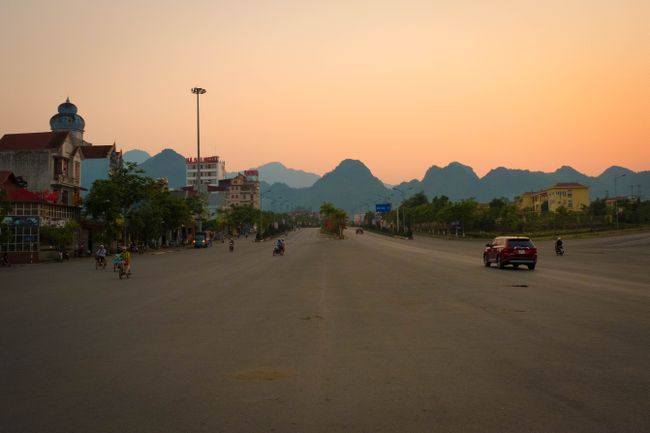
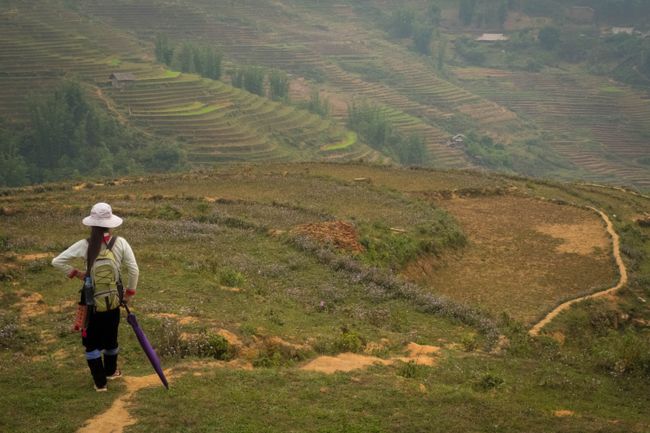
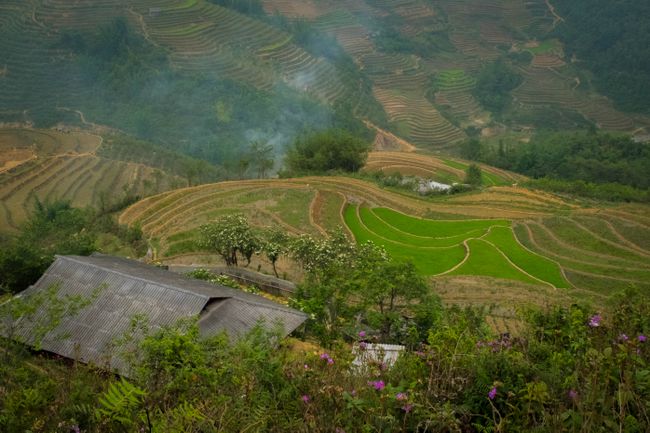

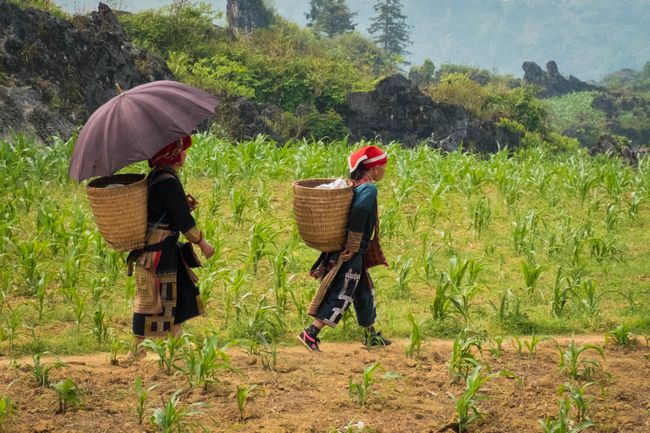
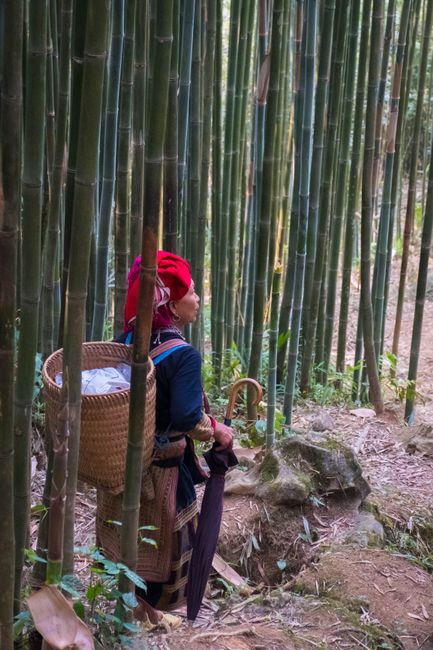
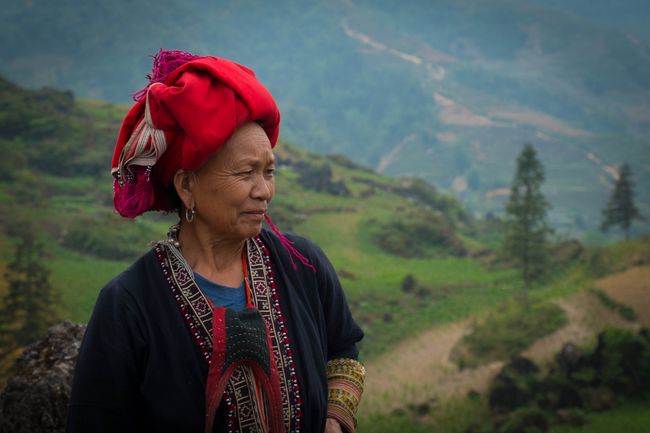
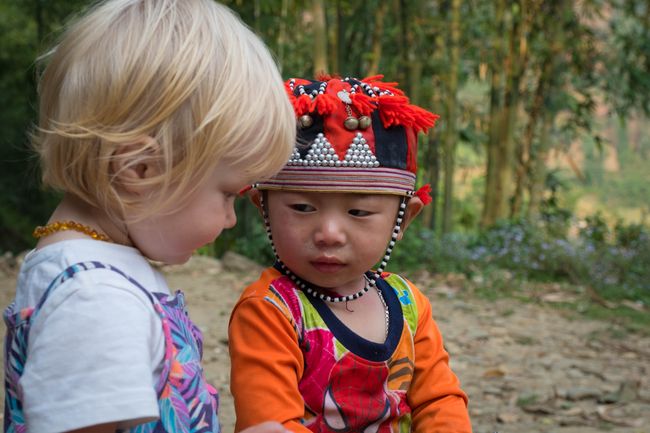

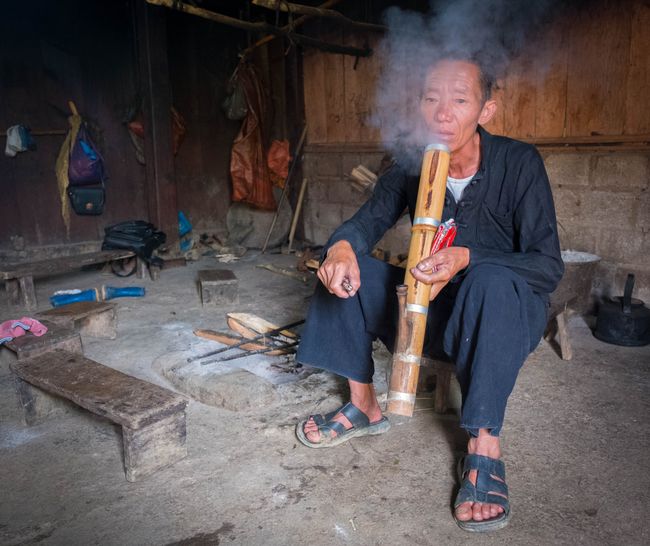

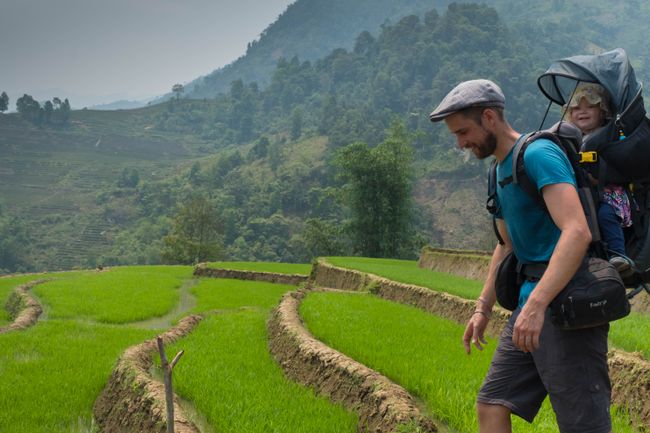
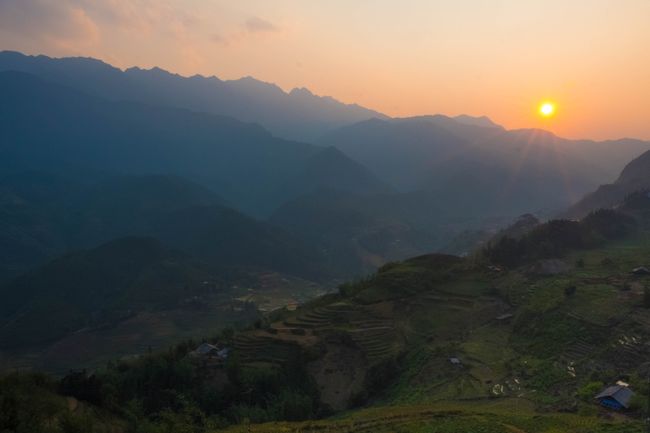
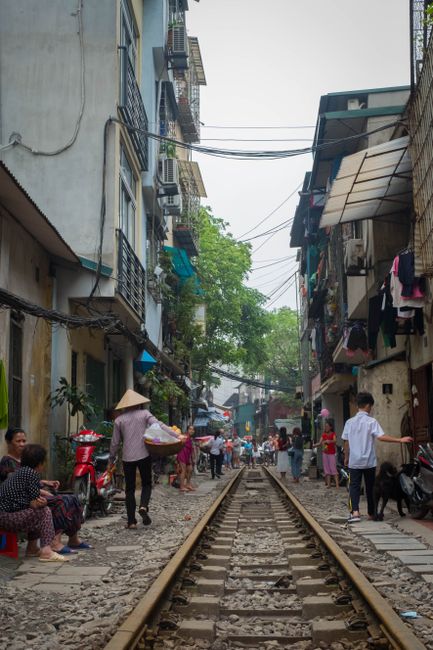
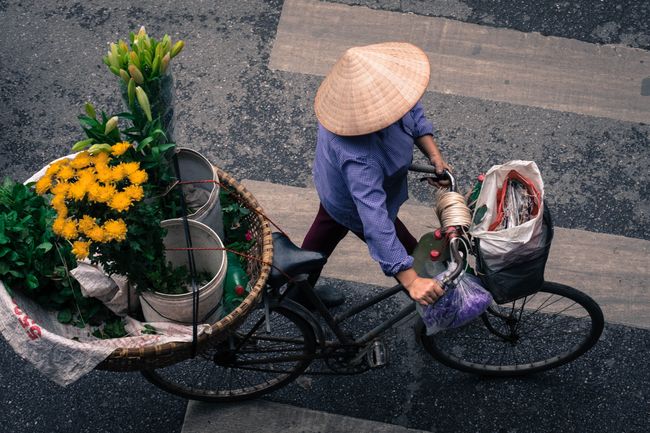
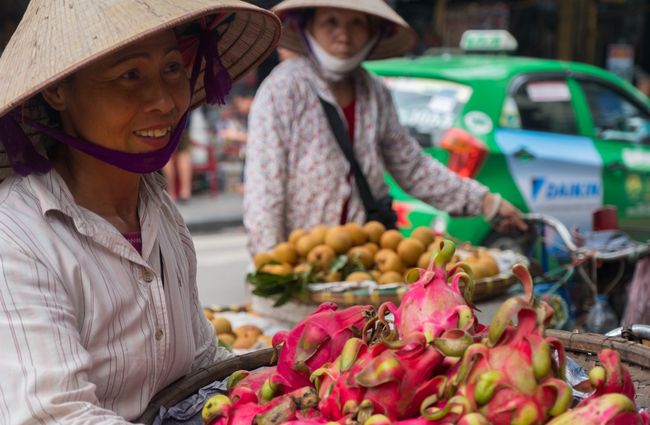
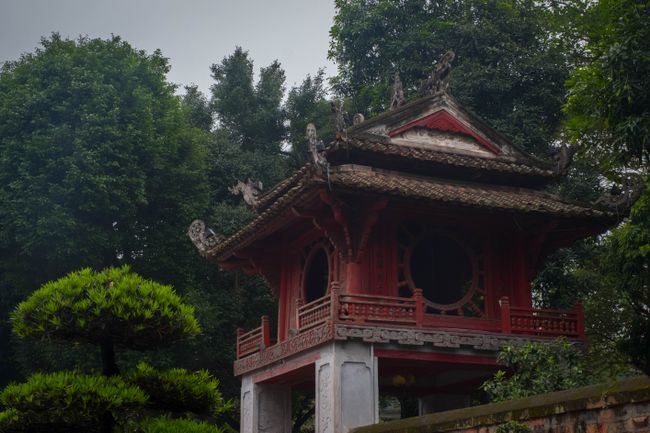
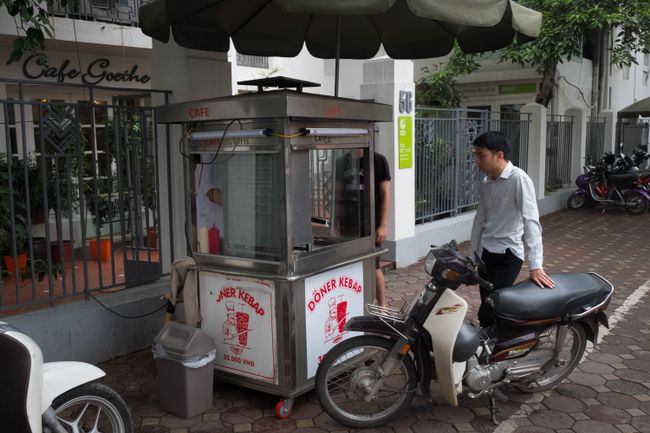
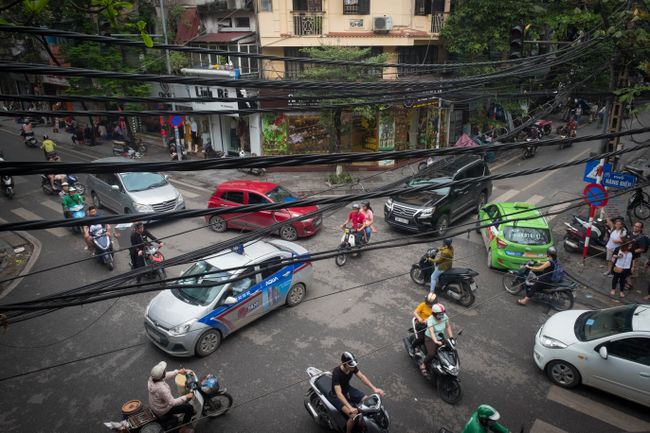
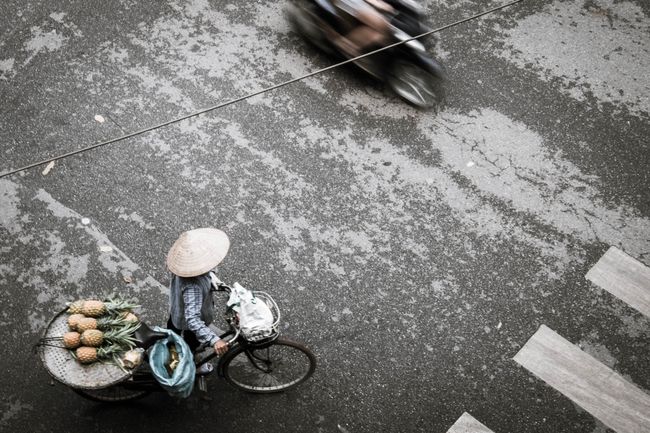
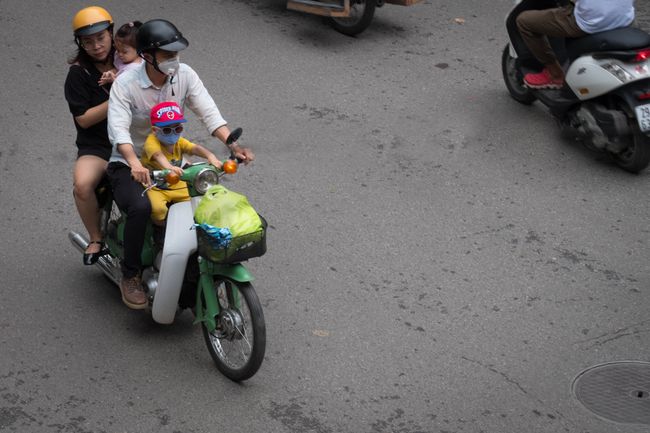
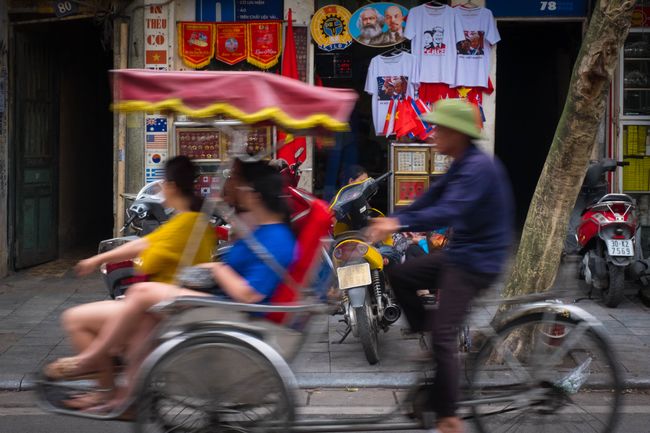
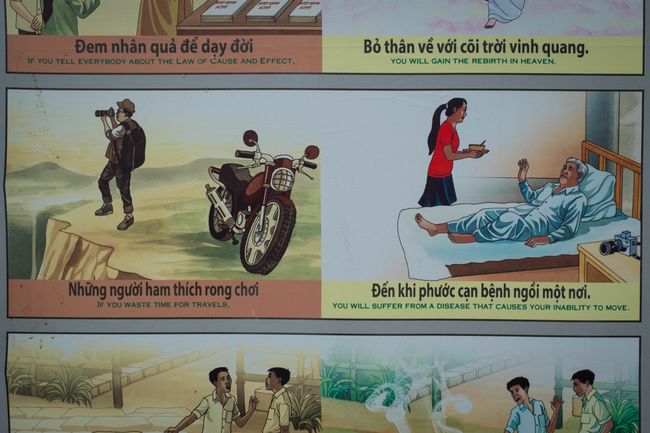
Ingwadiše go Lengwalo la Ditaba
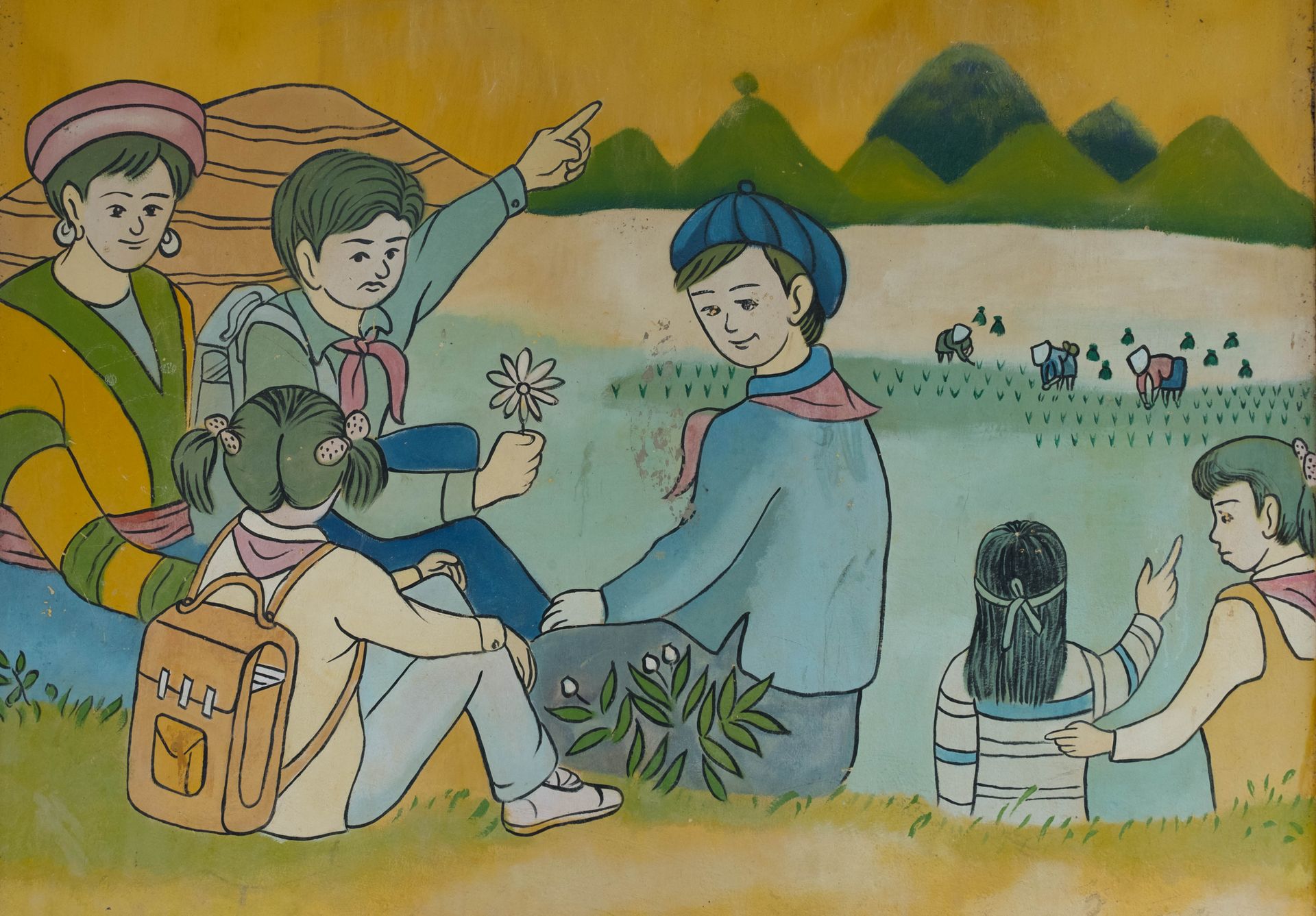
Scene change: When we arrive in Vietnam at Dien Bien Phu, we are overwhelmed. By the size of the city, the wide streets, and the huge grand buildings. We notice the many uniformed people right away. Socialist cliché? This is also certainly due to the historical significance of Dien Bien Phu. This is where the colonial power France suffered a decisive defeat in 1954, which subsequently led to Vietnam's independence and division. The pride of the Vietnamese in this victory is evident not only in the Dien Bien Phu Victory Museum: here, one group of decorated veterans after another is paraded through. The posters at the cinema also speak volumes, which we understand even without knowledge of Vietnamese. The glorious victory is portrayed on the screen in several films.
In the restaurant, it becomes difficult without knowledge of Vietnamese. There is no English menu, and the waitresses do not speak English either. So we approach the table of other guests somewhat hesitantly and point to their dishes to make it clear to the waitress what we would like to order. Our table neighbors promptly grab a fresh spoon and offer us samples of their food to taste. In the next restaurant, the chef invites us directly into the kitchen to select our food. And if there is no paper available, the bill amount is sometimes written on the hand. We feel very welcome and are enthusiastic about the helpfulness and openness of the Vietnamese.
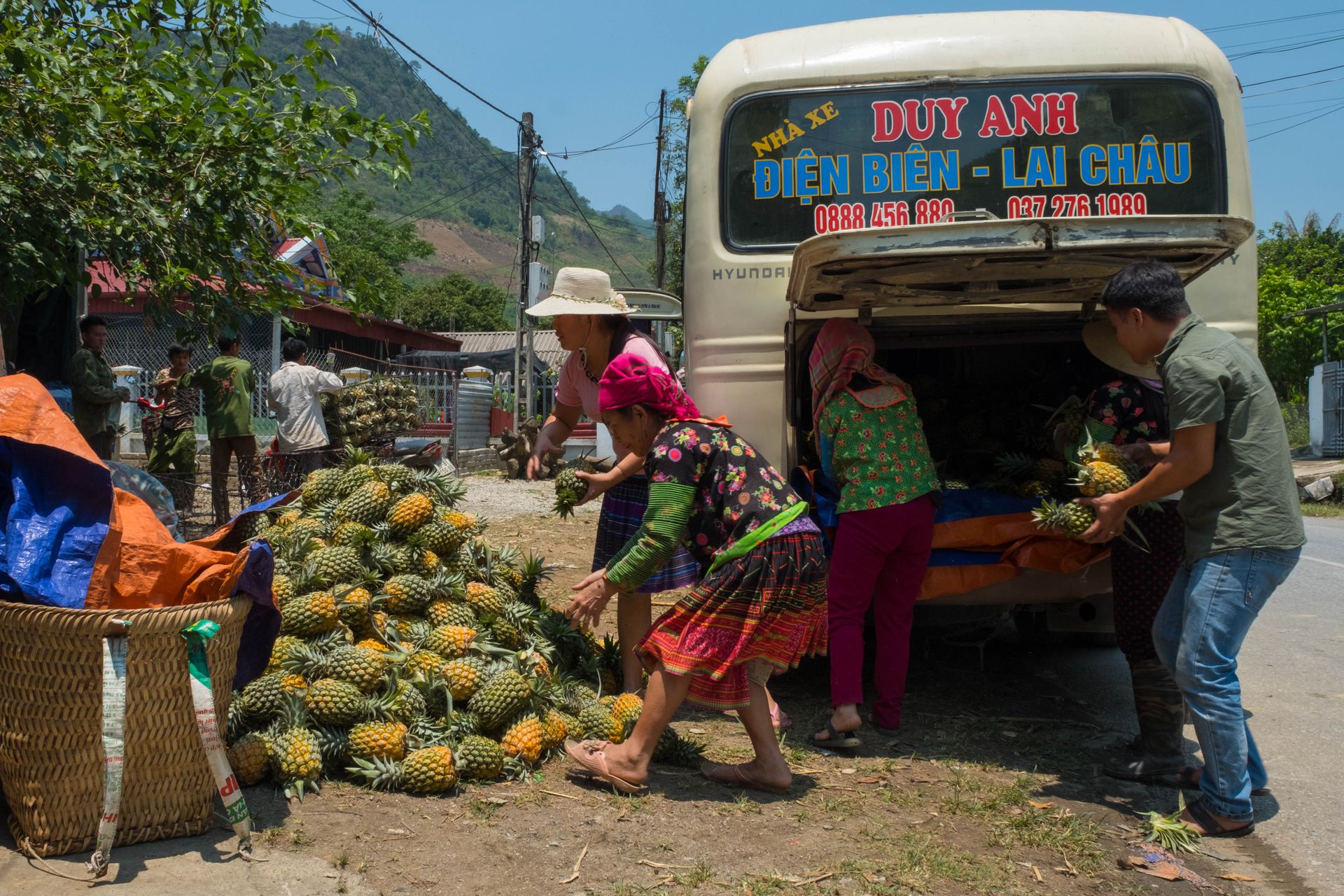
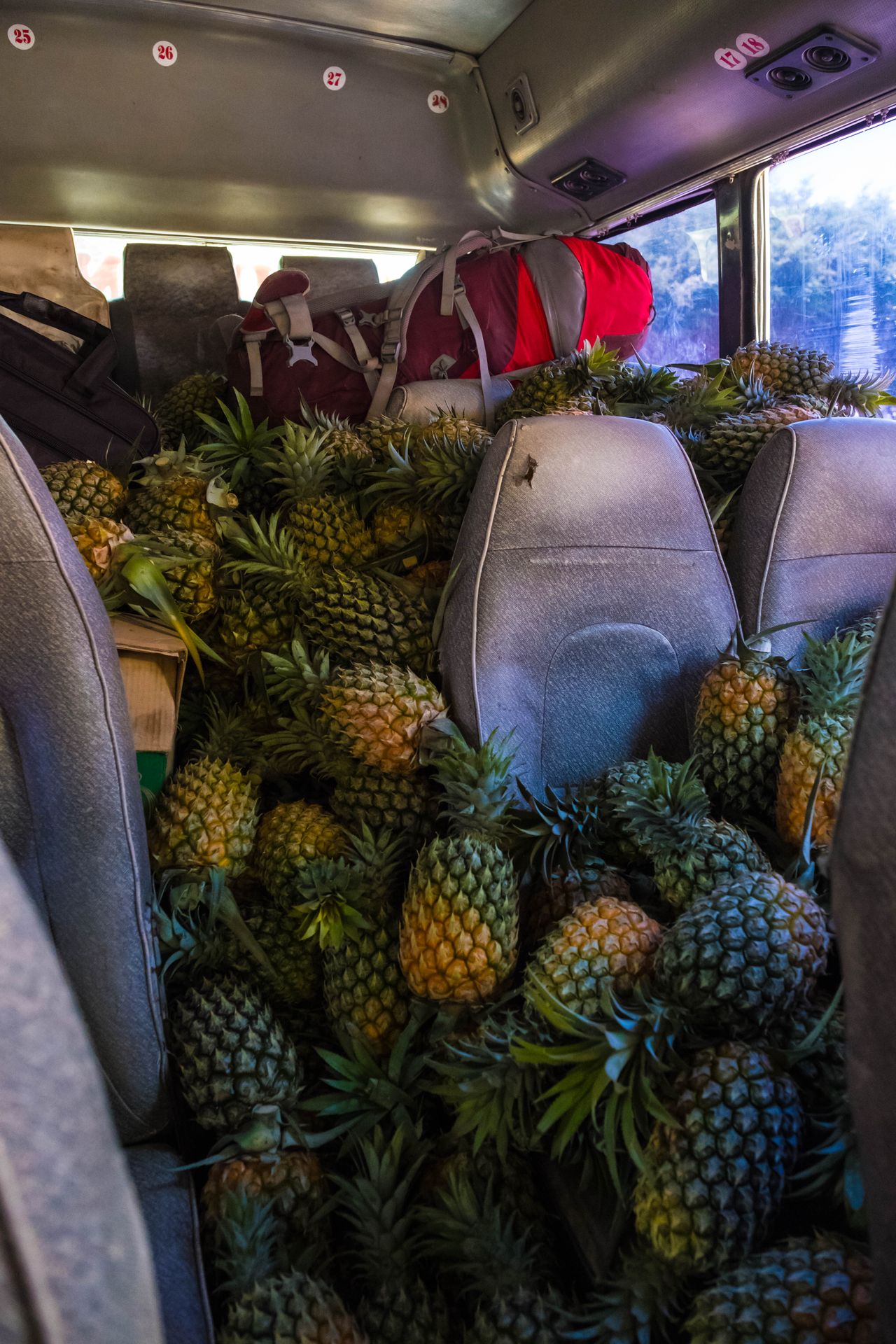

It is the big and small peculiarities of Vietnam that make traveling here exciting for us. It is interesting for us to learn more about the two Vietnam wars at the scene of the events and to observe life in one of the few socialist and economically successful one-party states in the world. And last but not least, we marvel at small things like urinals without partitions in the women's toilets and the fact that when it's busy and time is short, women sometimes pull down their pants before entering the cubicle. We are also delighted to finally be millionaires: 40 € is 1 million dong.
Finally, we continue to our actual destination: the city of Sapa at 1,600 m, near the border with China. Located east of the weather divide, it is the coldest place in Vietnam in winter and is said to have pleasant temperatures at the current time of year. We smile at the sign on the mountain pass road warning of slippery roads. We don't even consider the question of winter tires. In fact, it is a little cooler in Sapa, and we are looking forward to our multi-day trekking tour in the surrounding villages. We feel somewhat transported back to Kathmandu: the streets are dusty, the sidewalks torn up, and one outdoor shop follows the other.
This time we are accompanied by a woman as a guide. Sam belongs to the H'mong ethnic group and works for the Sapa Sisters agency, where only women work. The aim of this agency is to strengthen the position of women in their families. Traditionally, land is inherited only by sons, arranged marriages are still the order of the day, married women move to their husband's family, and divorces are practically impossible. Until a few years ago, it was even common for girls to receive no education. Sam also never went to school and taught herself English. The work of the women as guides strengthens their self-confidence and financial independence. While other agencies also work with women, according to Sam's statement, they are paid significantly better at Sapa Sisters because the middleman is eliminated.
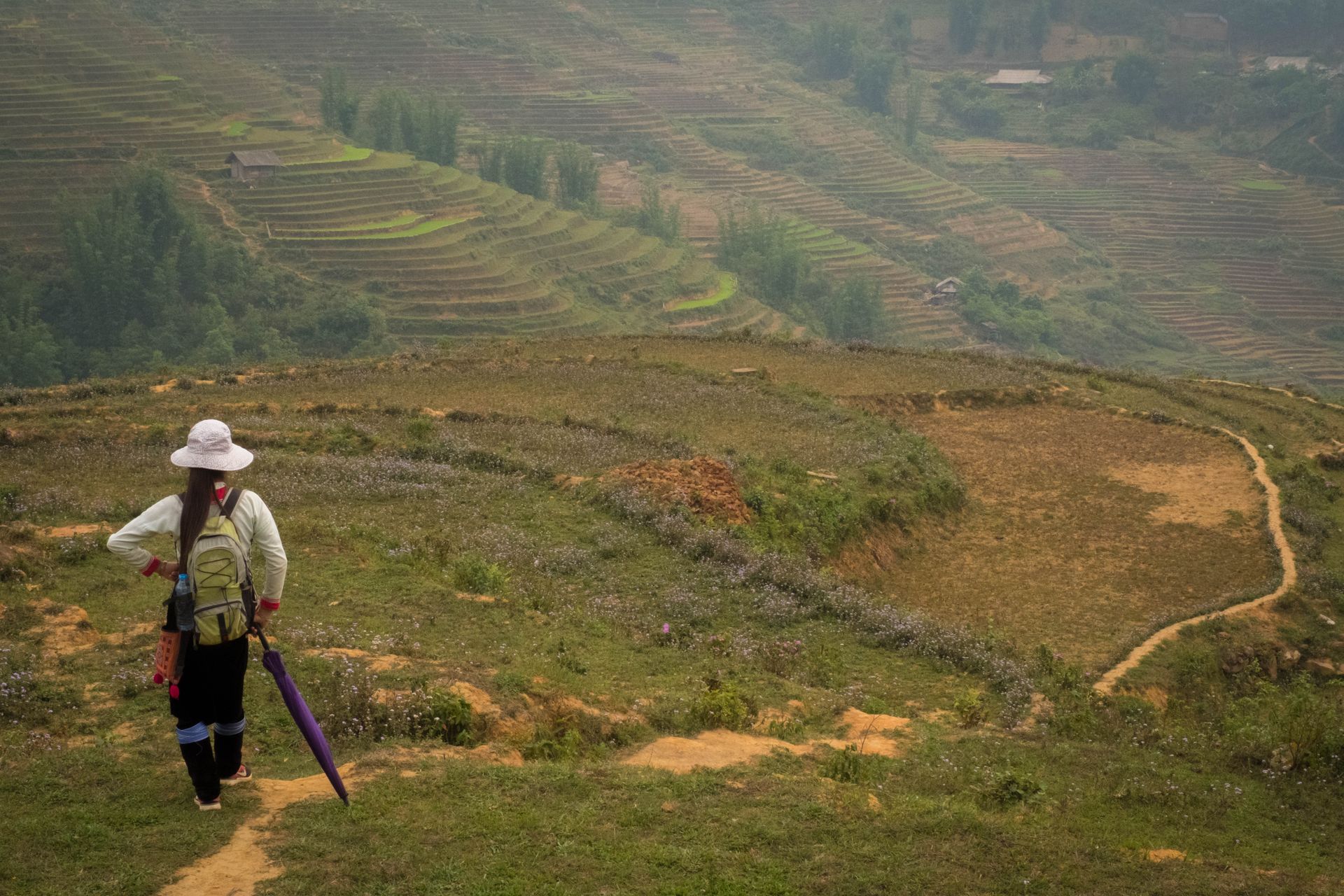
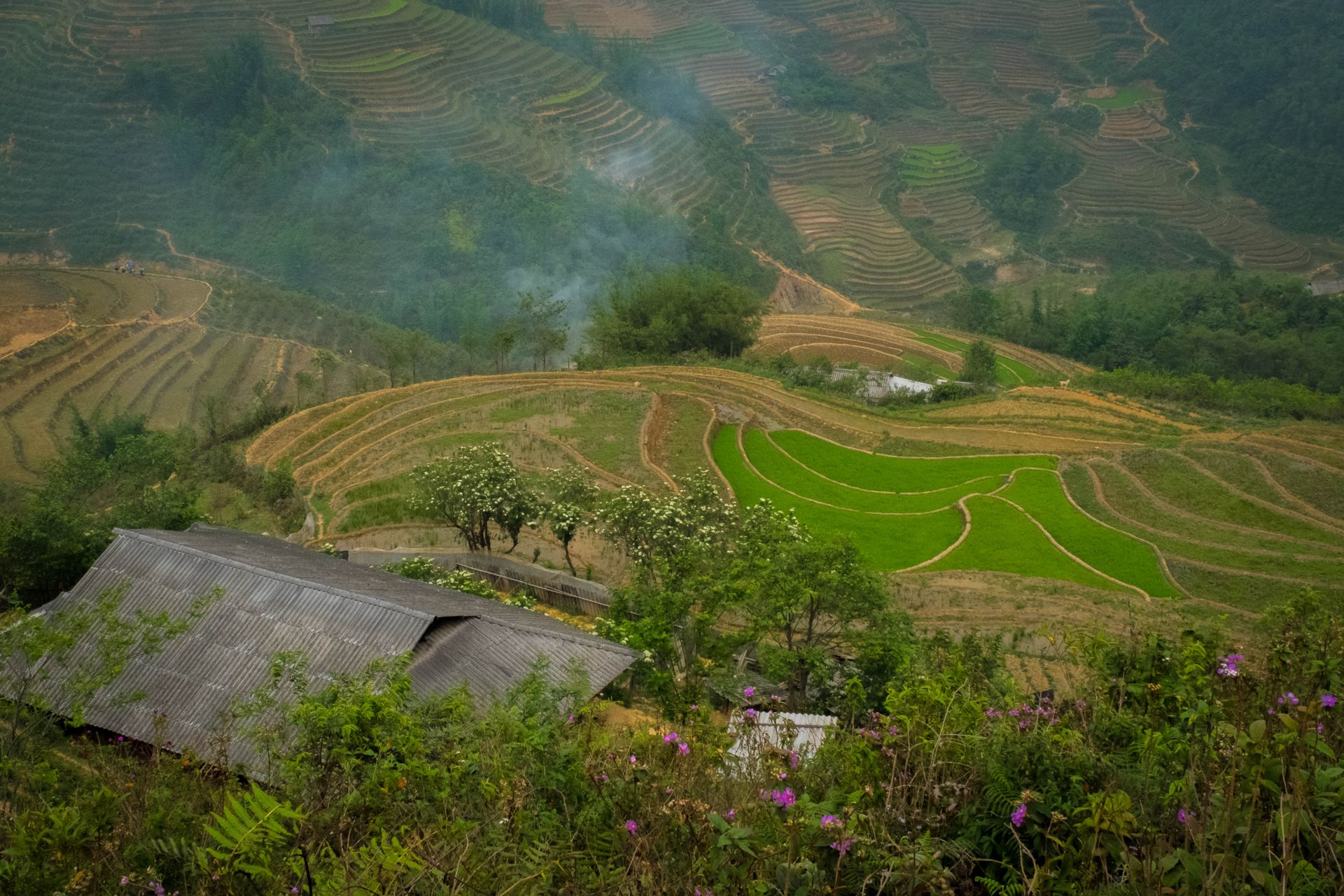

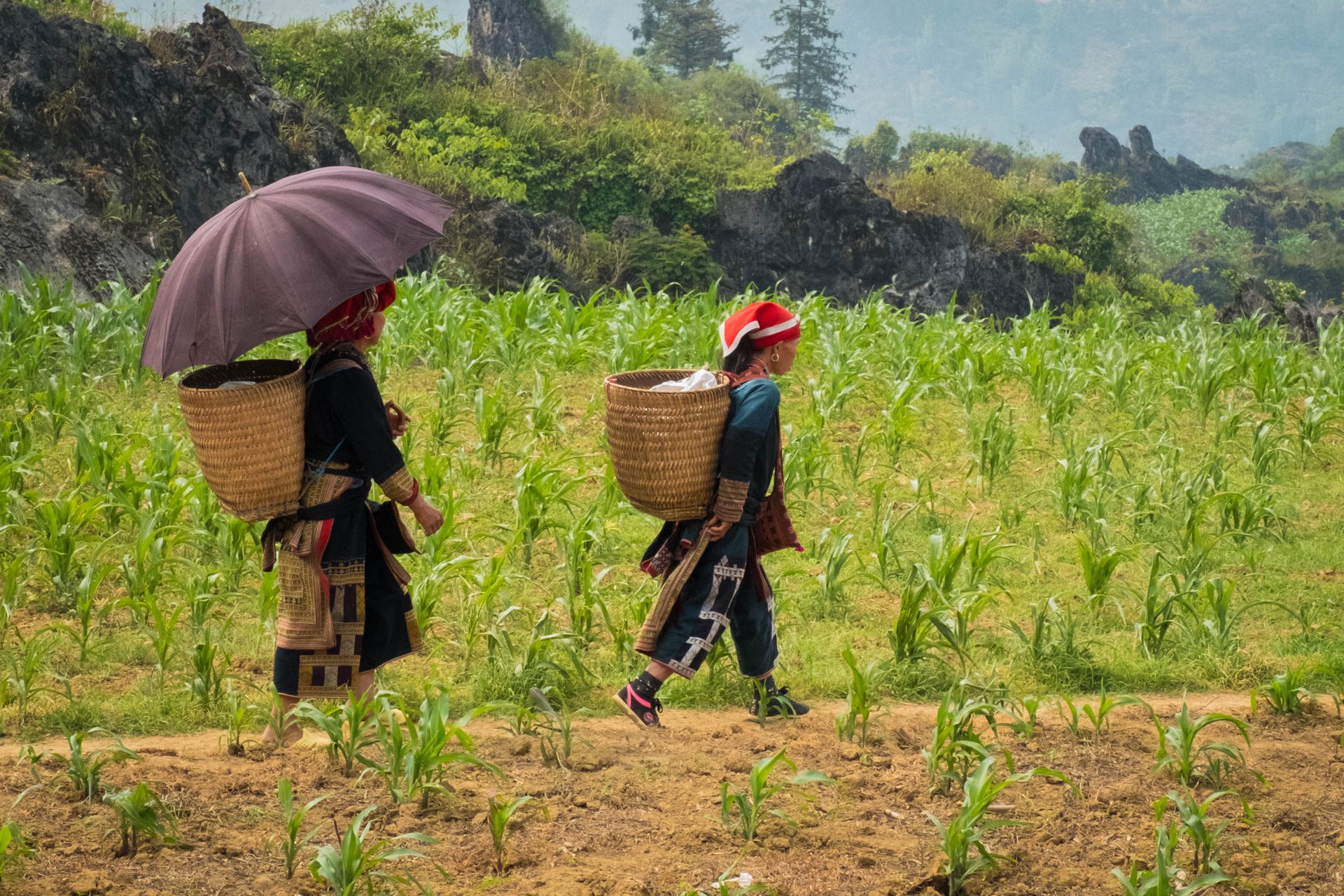
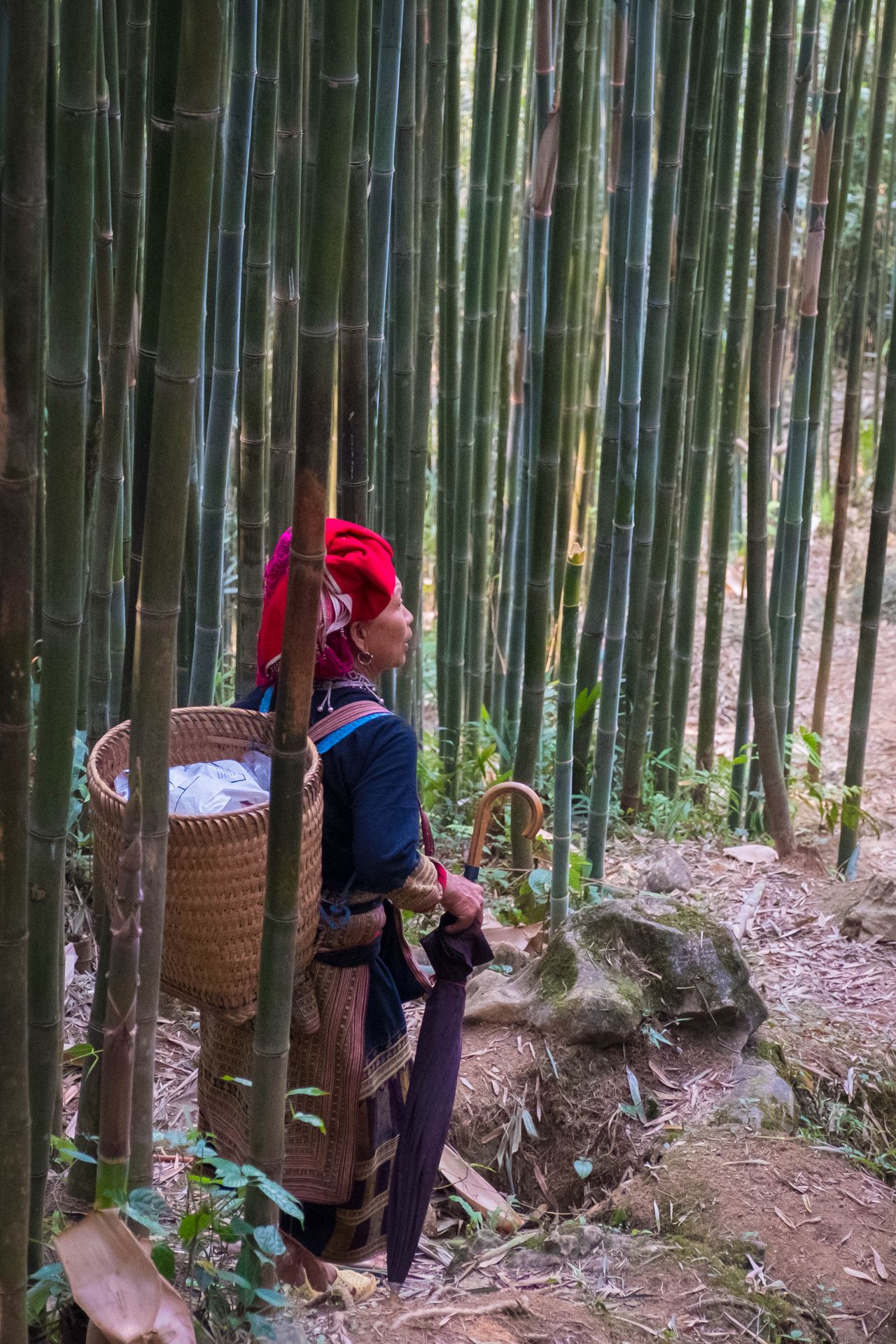
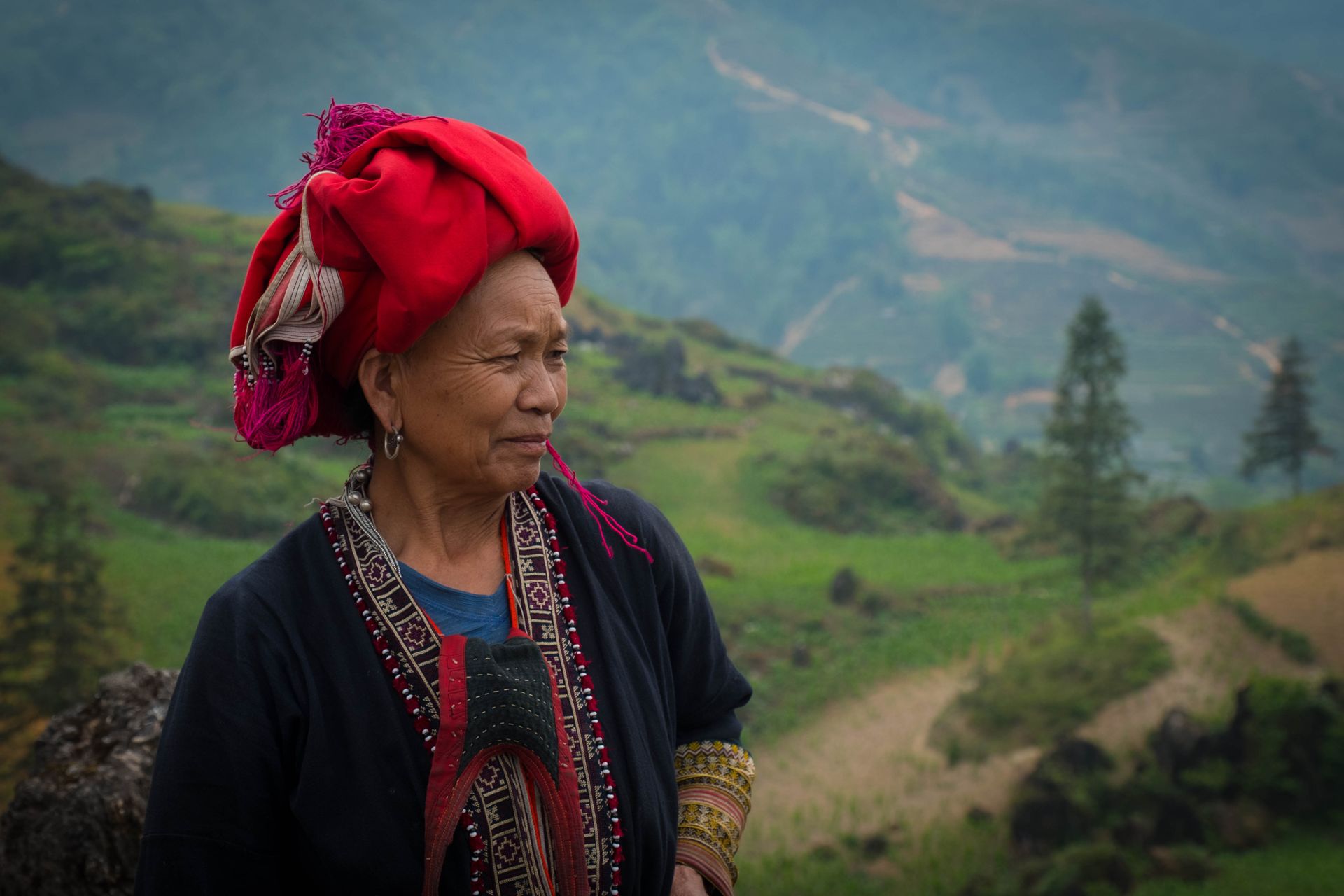

We find it admirable that some traditions are still lived as they are, such as traditional clothing and its independent production. However, it is shocking that due to poor health and maternity care and strong distrust of doctors, it is common to call a shaman even in serious illness and that traditionally, children are only born in the presence of the mother of the giving birth - not to mention prenatal care. Fortunately, we have not come across another questionable tradition. Some time ago, another couple of tourists returned to Sapa without their guide because she was kidnapped along the way. Traditionally, a woman is kidnapped by a suitor who has an eye on her and has to live with him and his family for four days. After that, her family decides whether the wedding will take place - often without even talking to the woman about it.

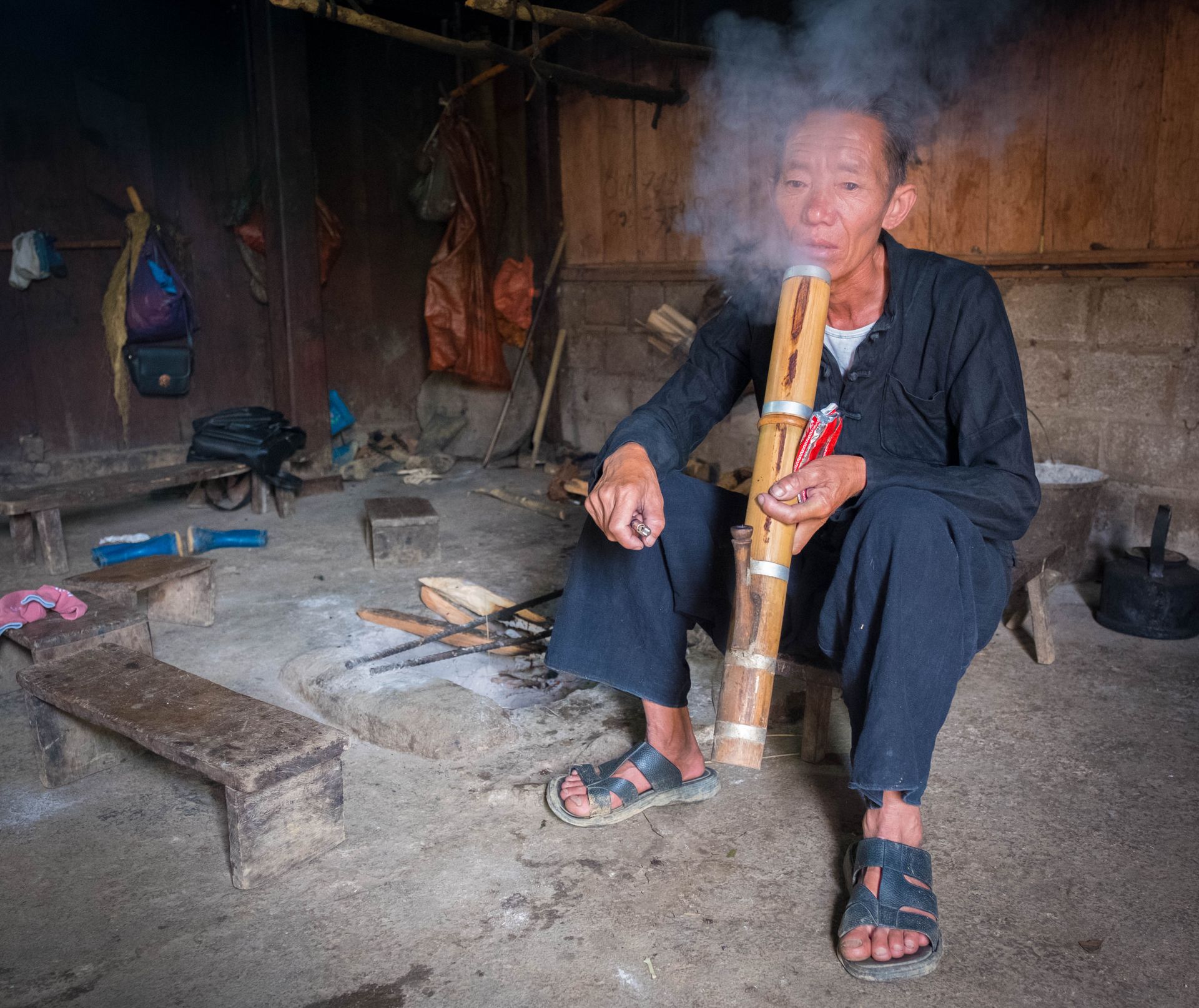
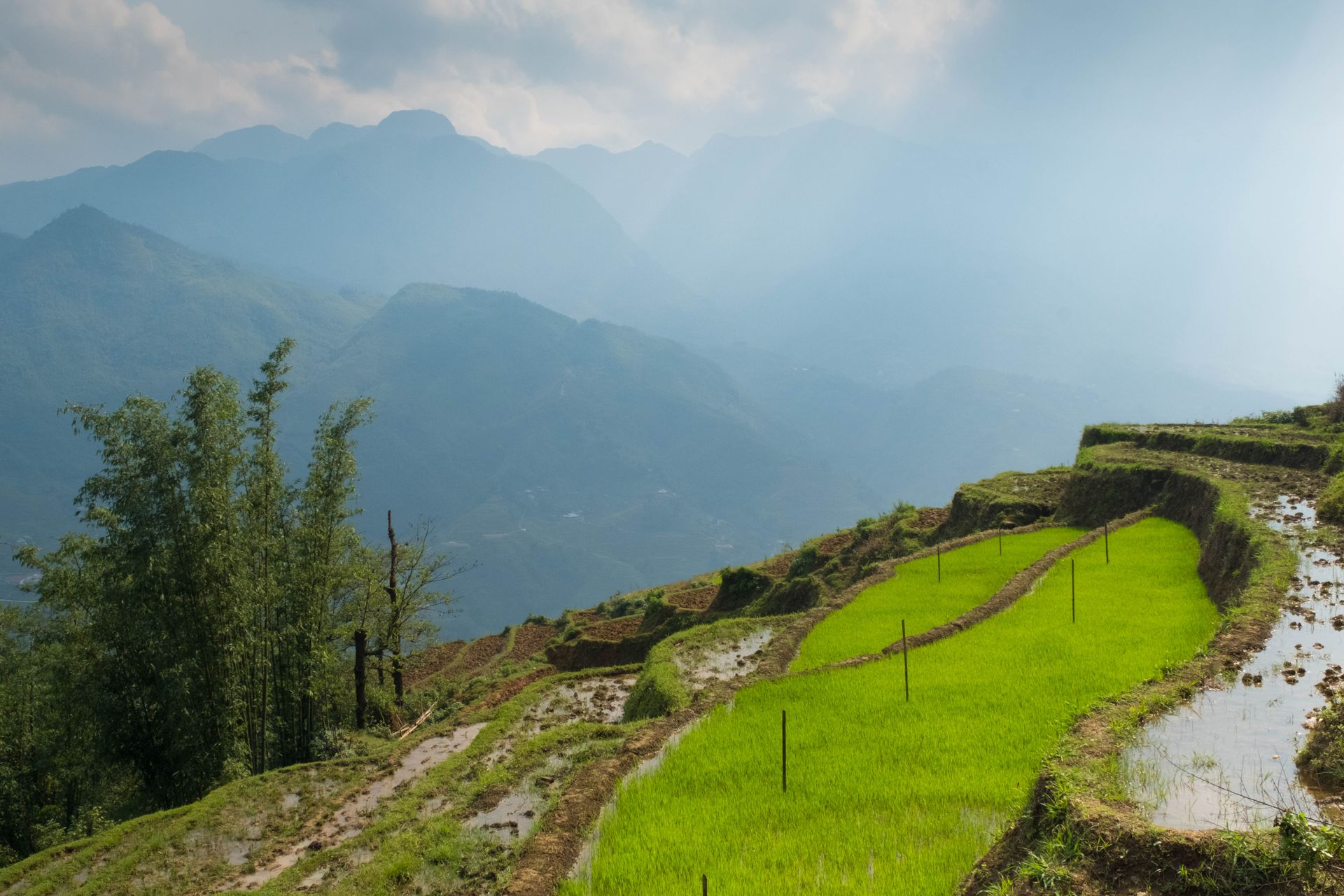
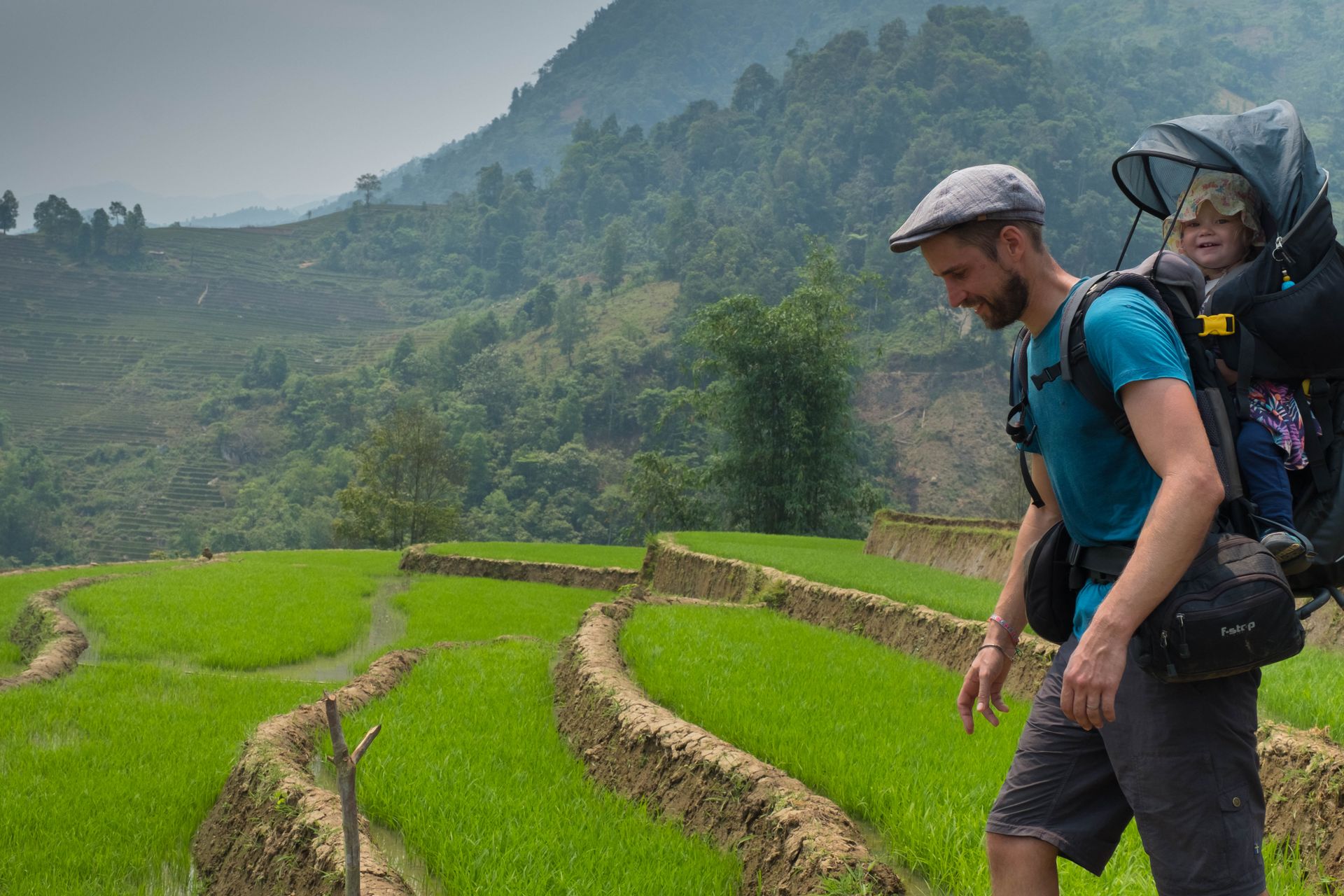
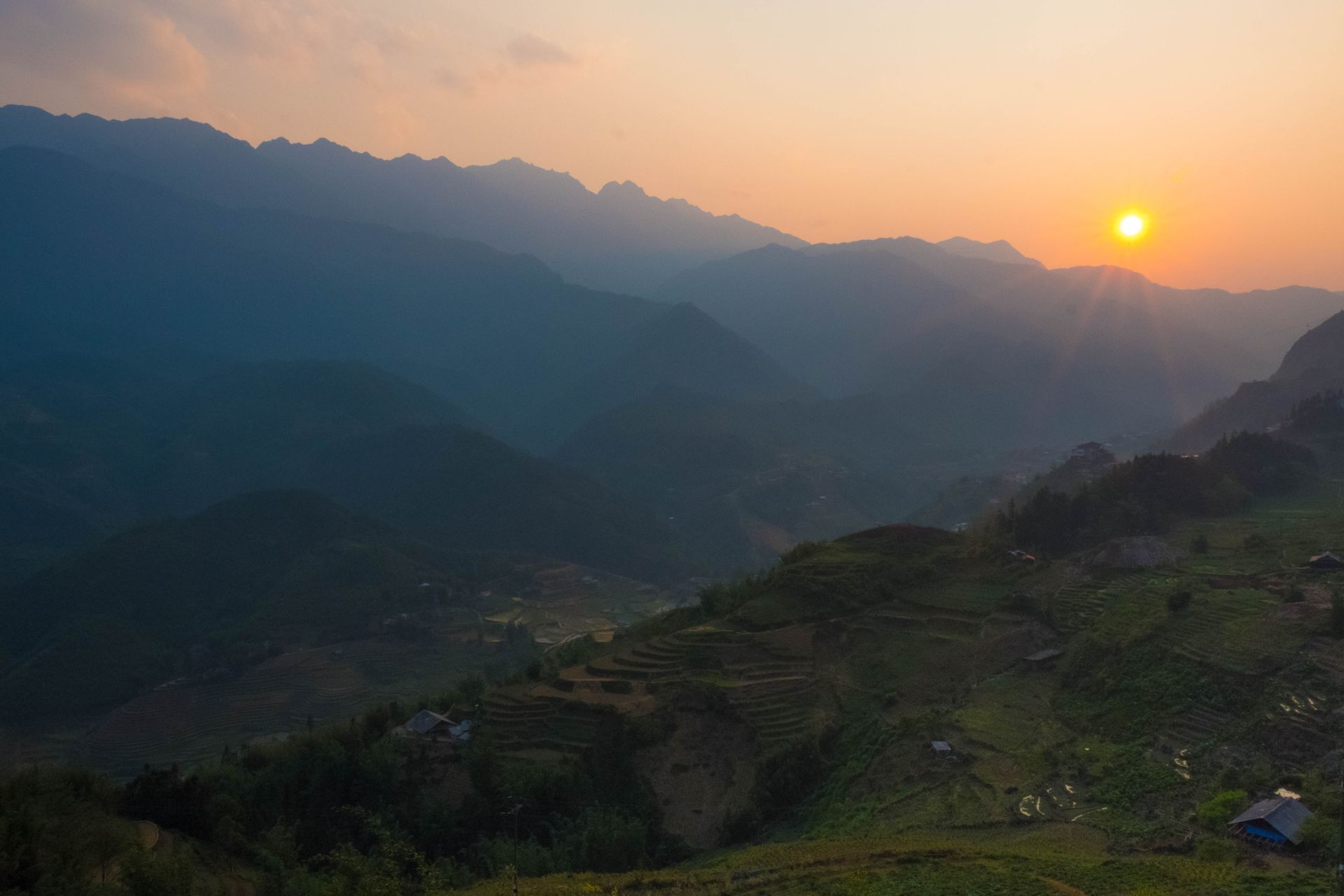
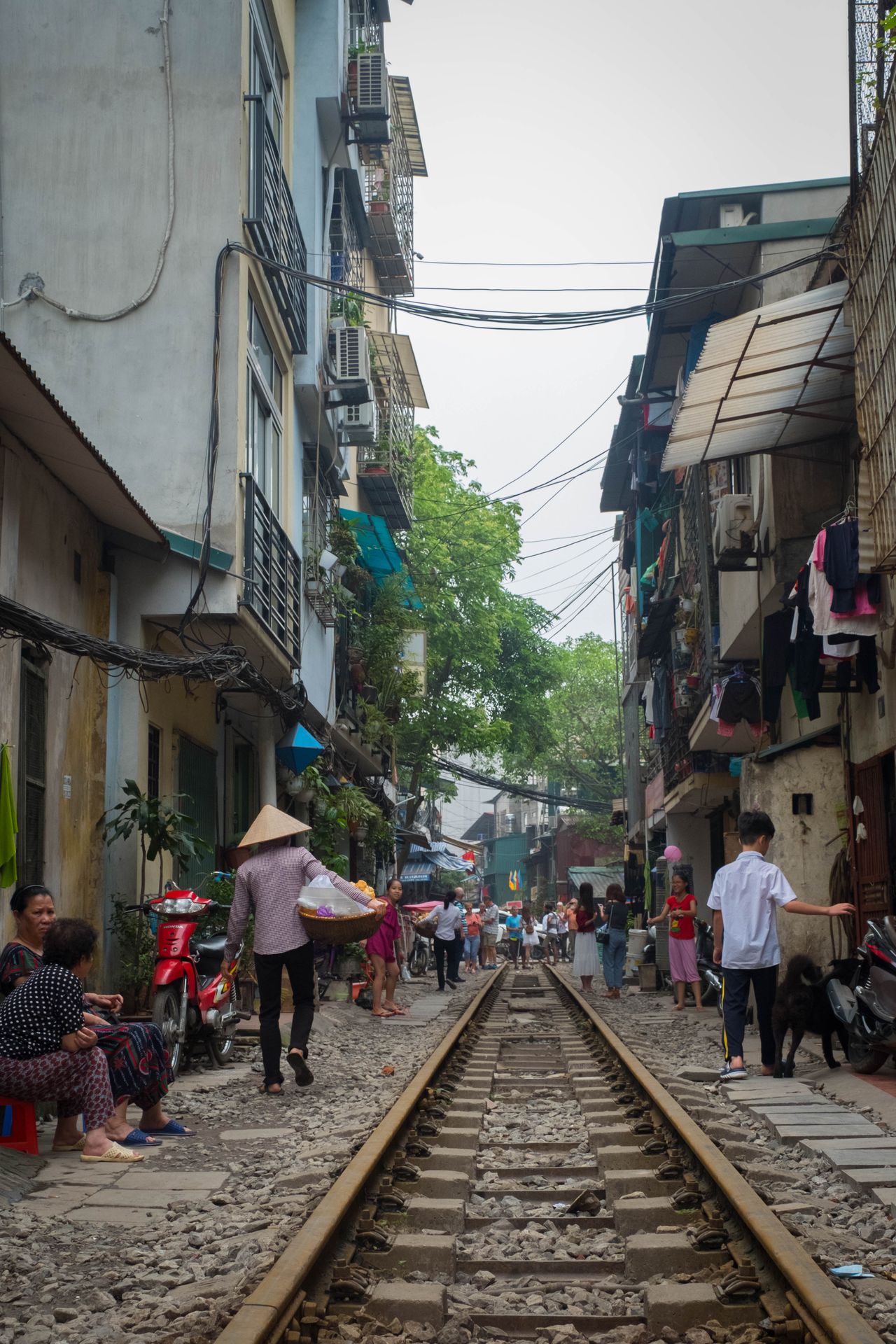
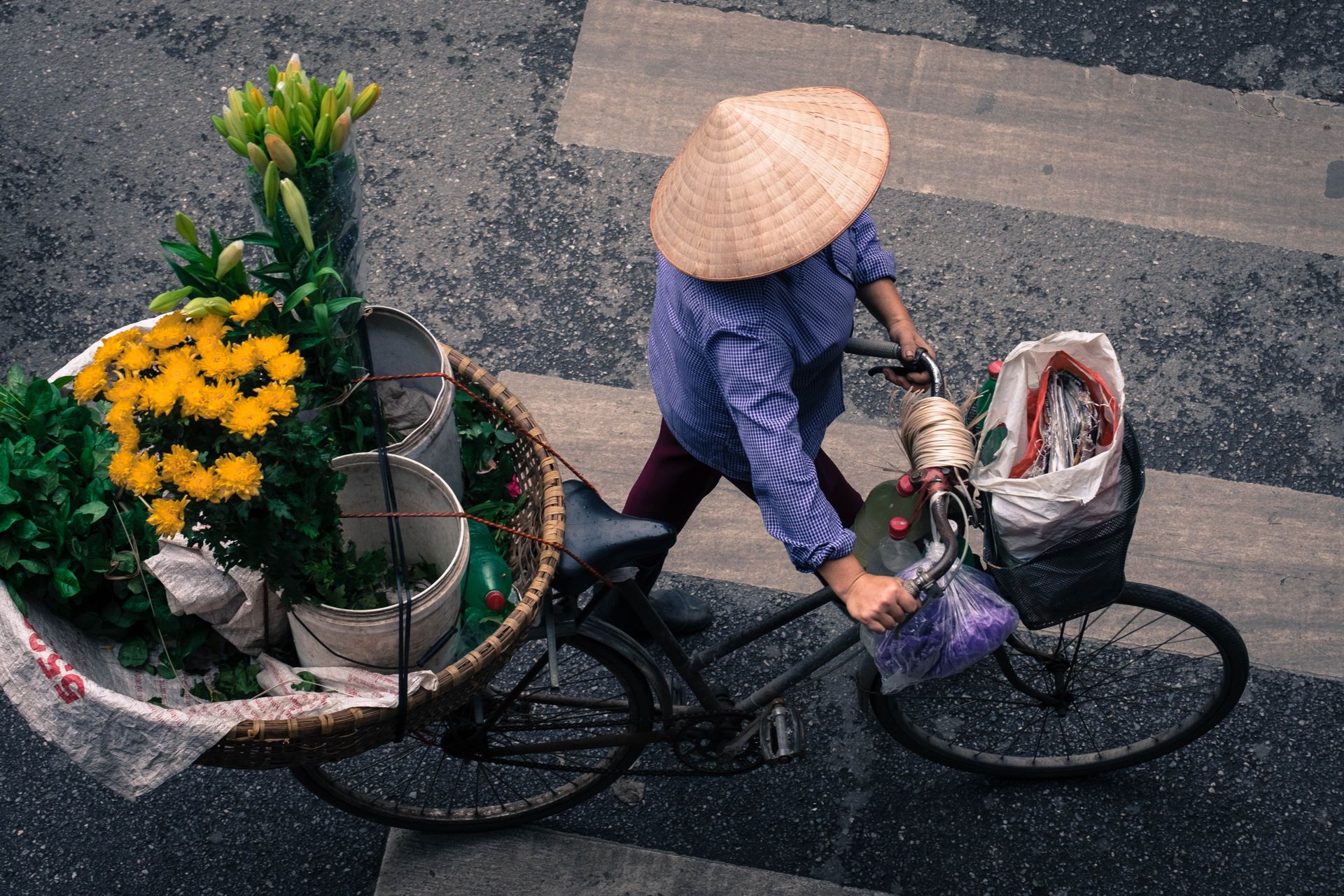
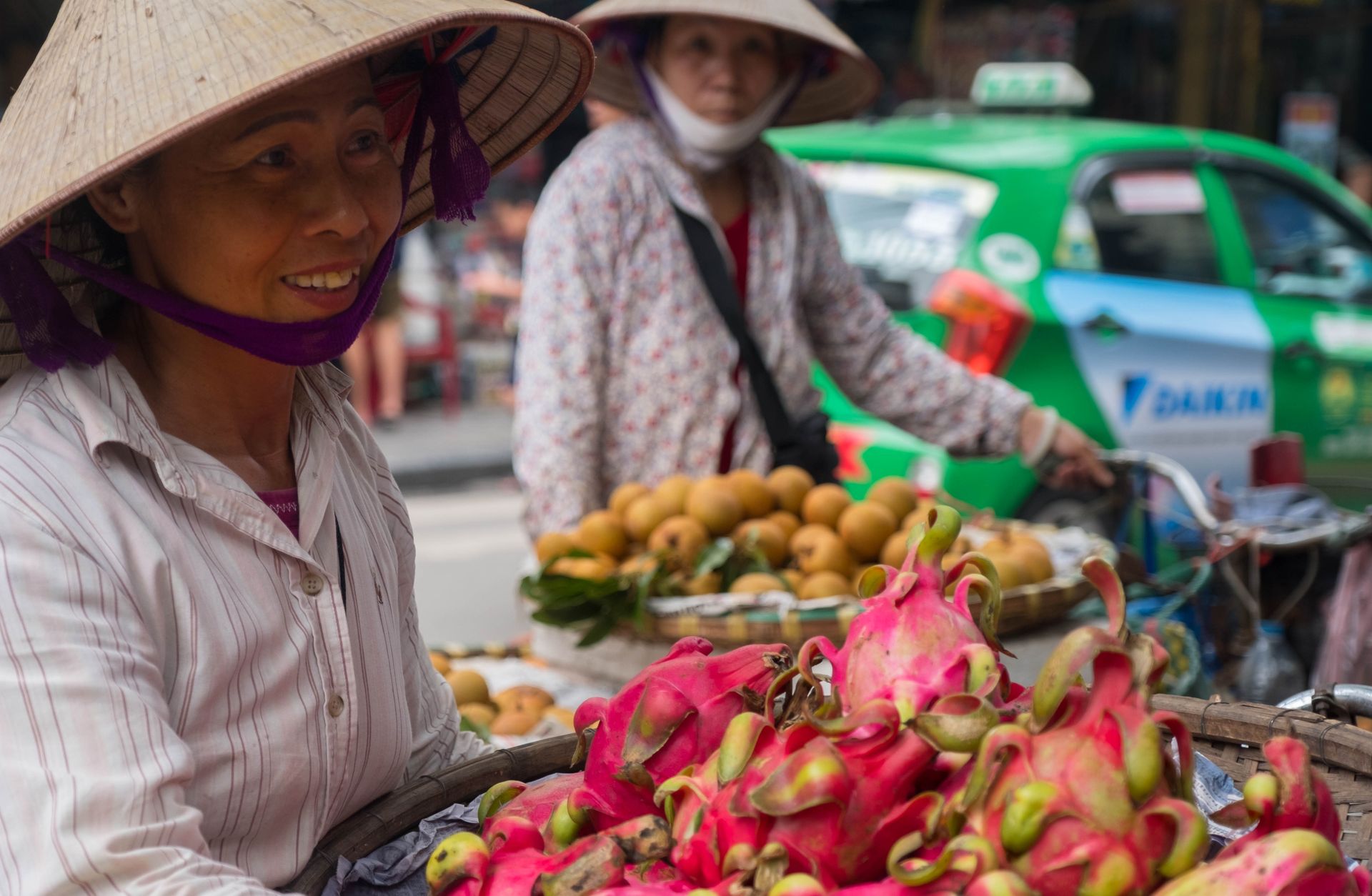
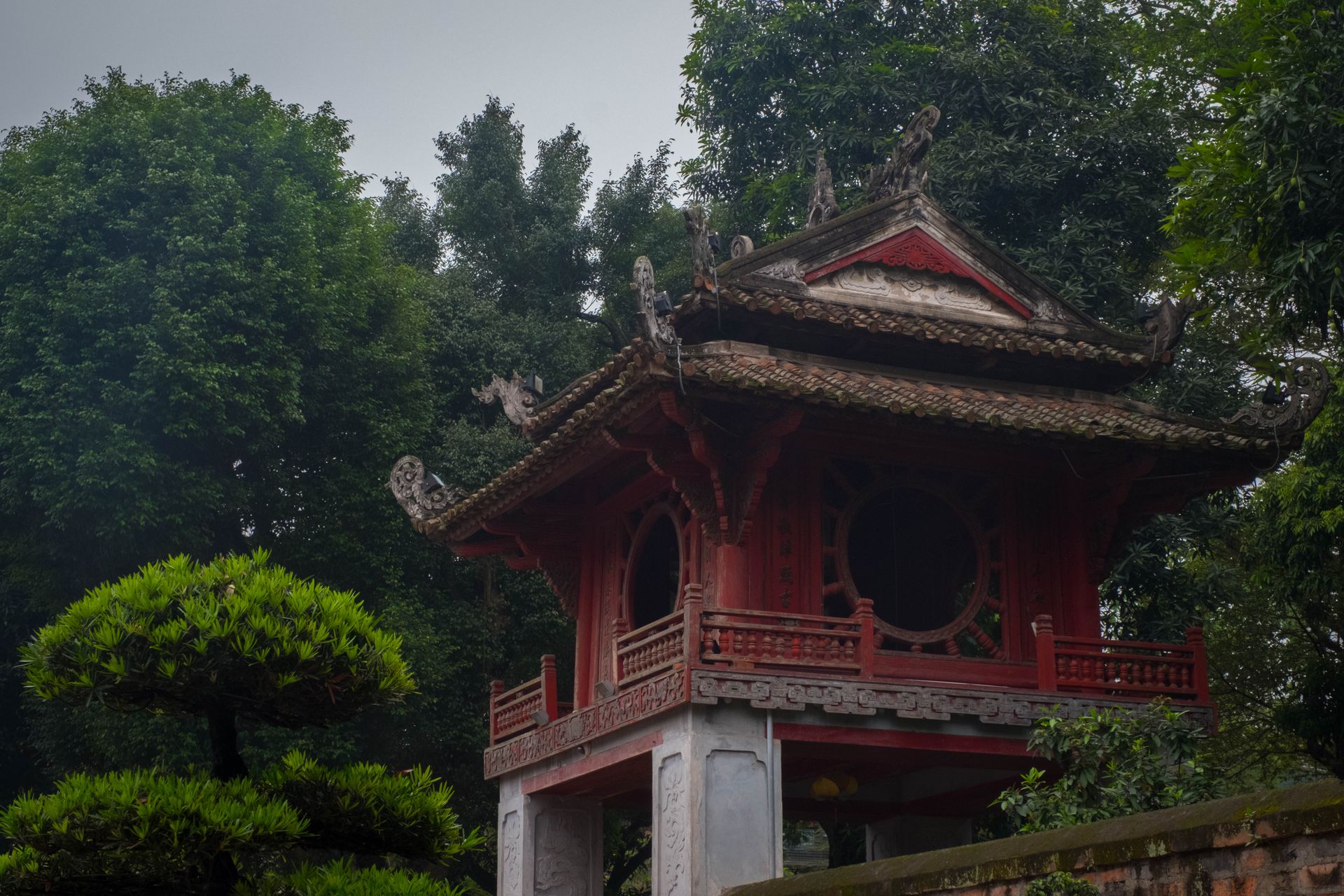
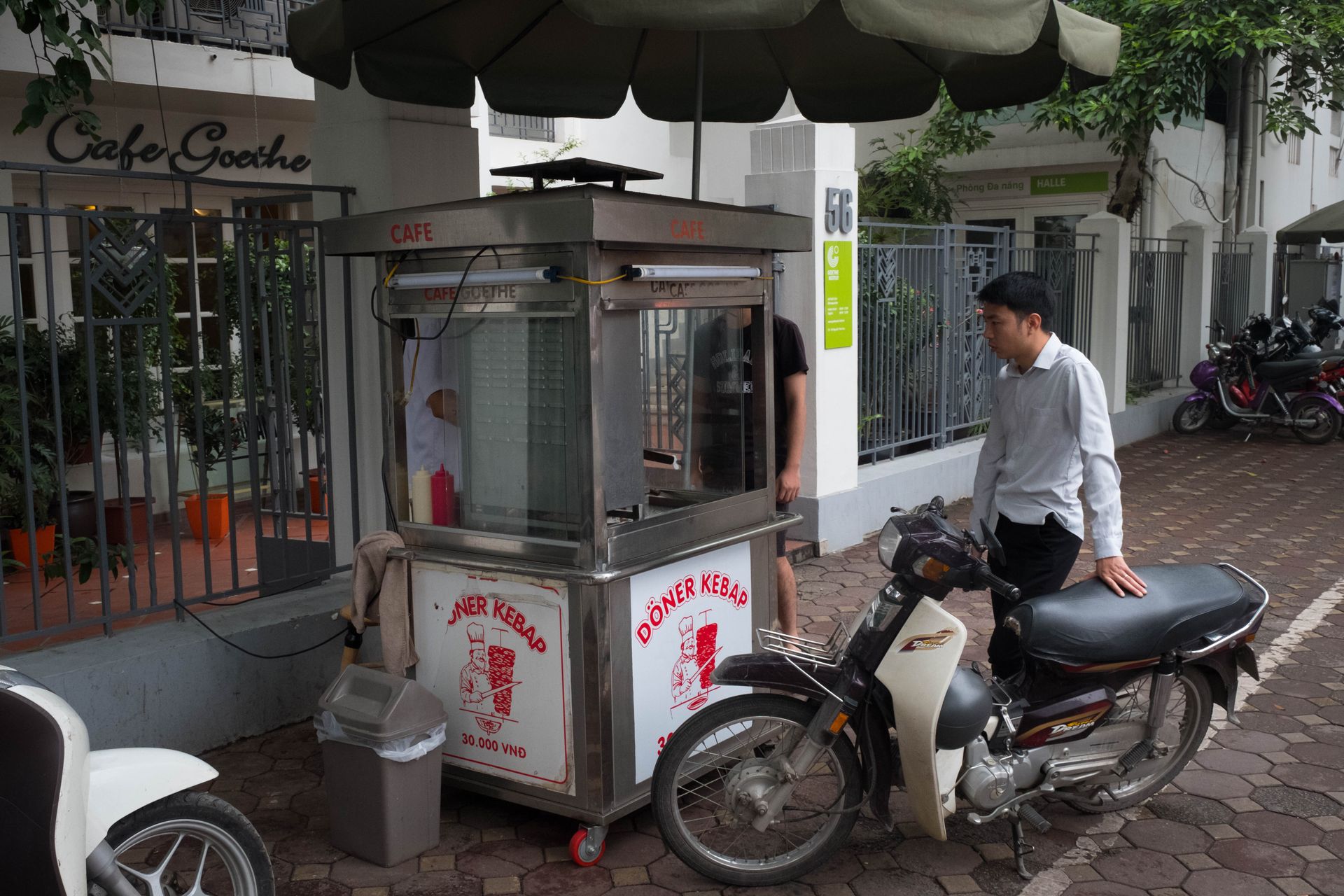
In Hanoi, there are more than five million motor scooters on the road. Especially in the narrow streets of the old town, they are the fastest means of transport. However, the daring driving style creates a completely chaotic traffic situation. The fact that more and more large SUVs and sedans are mixing in does not necessarily make the streets safer. But what can you expect from a Southeast Asian capital? Exactly this kind of traffic chaos par excellence! Don't worry too much, make eye contact with the drivers, and confidently walk on and continue. That's how it works crossing the street. But let's see how long this will still be necessary. Starting in 2030, motor scooters will be banned in the city center of Hanoi. Instead, the population should switch to an expanded public transportation network. In view of the poor air quality, this is certainly a sensible measure. Whether the 7.6 million inhabitants will see it that way remains to be seen. If the bustling traffic chaos disappears, Hanoi would definitely lose some of its identity. Unless everyone switches back to bicycles.
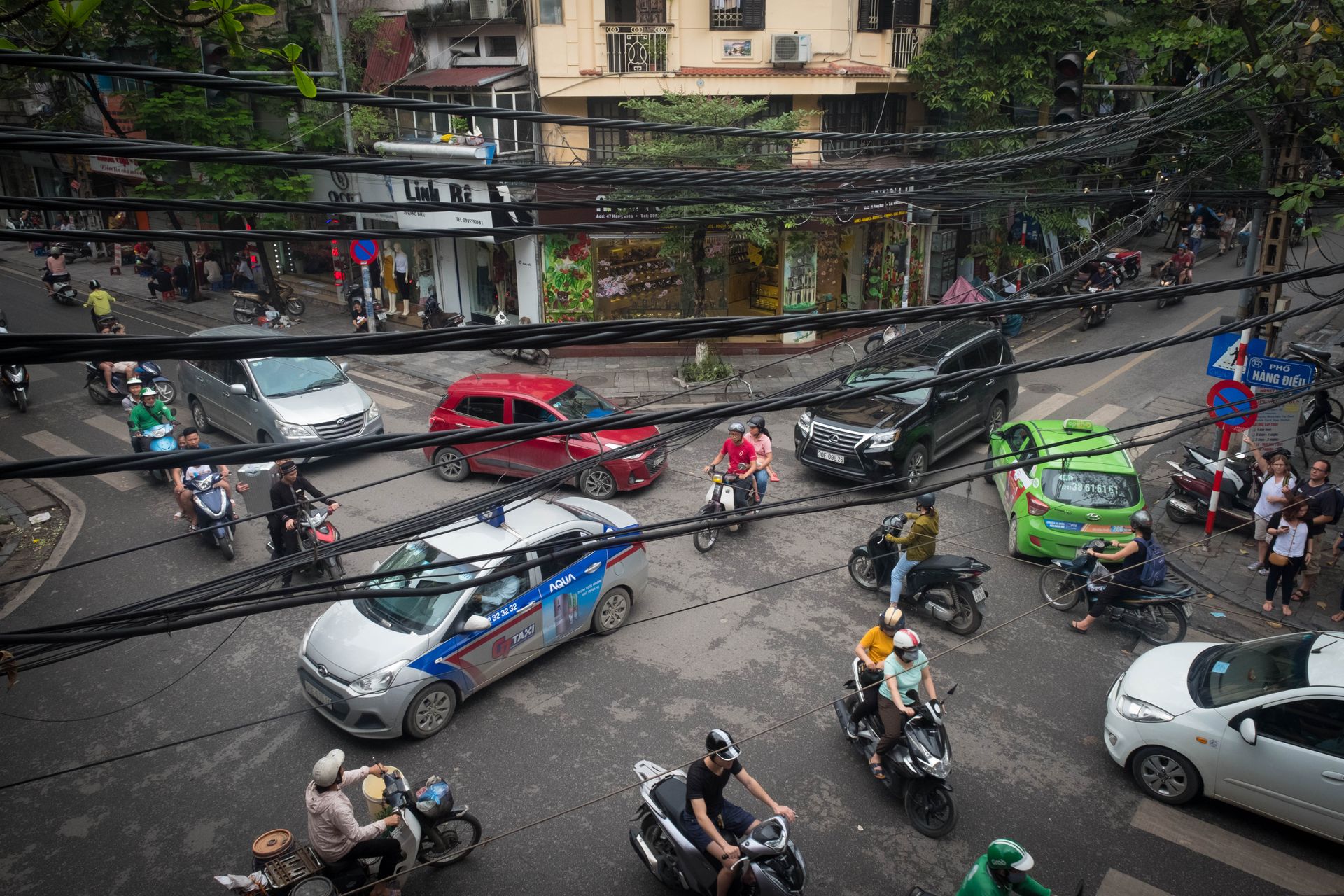
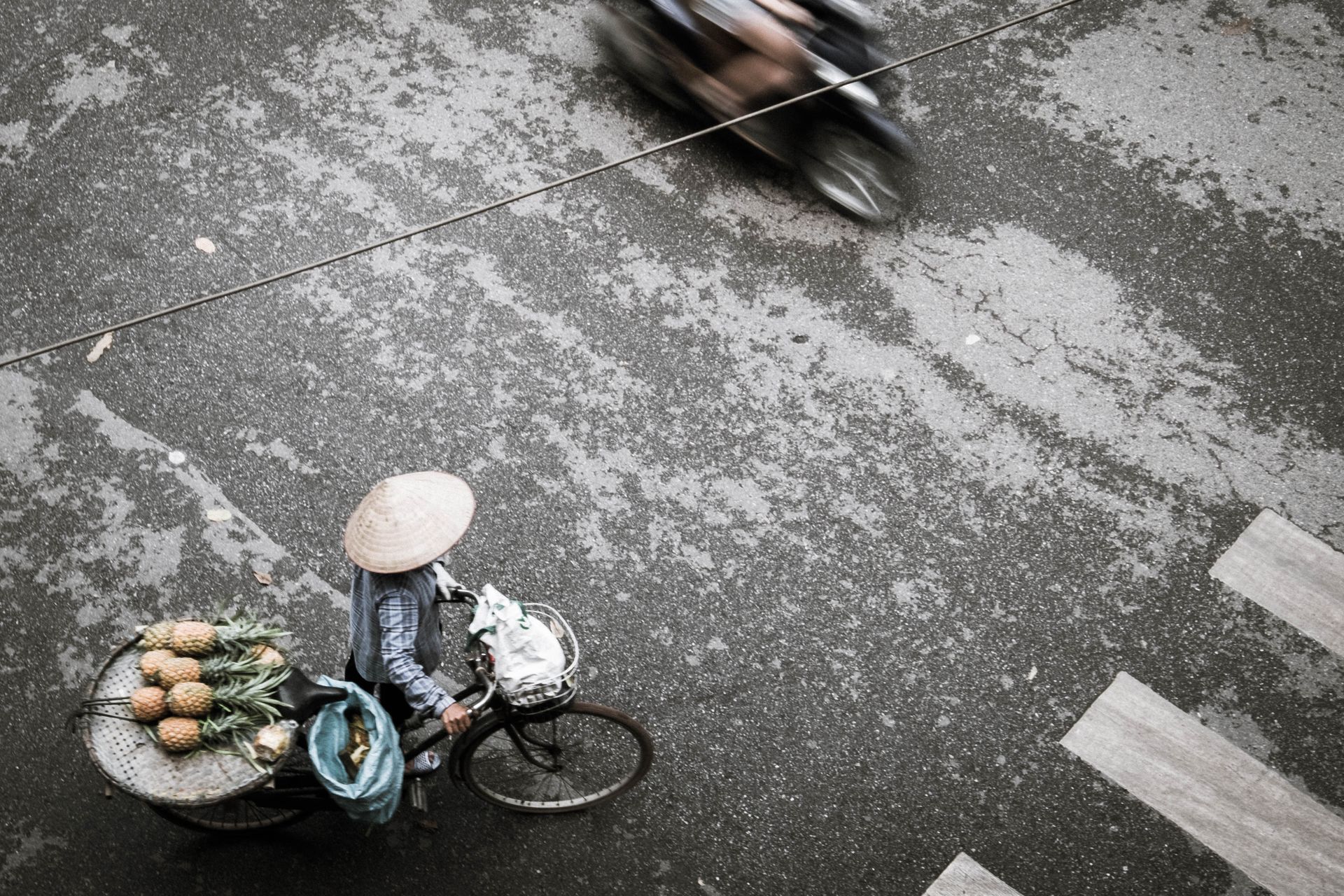
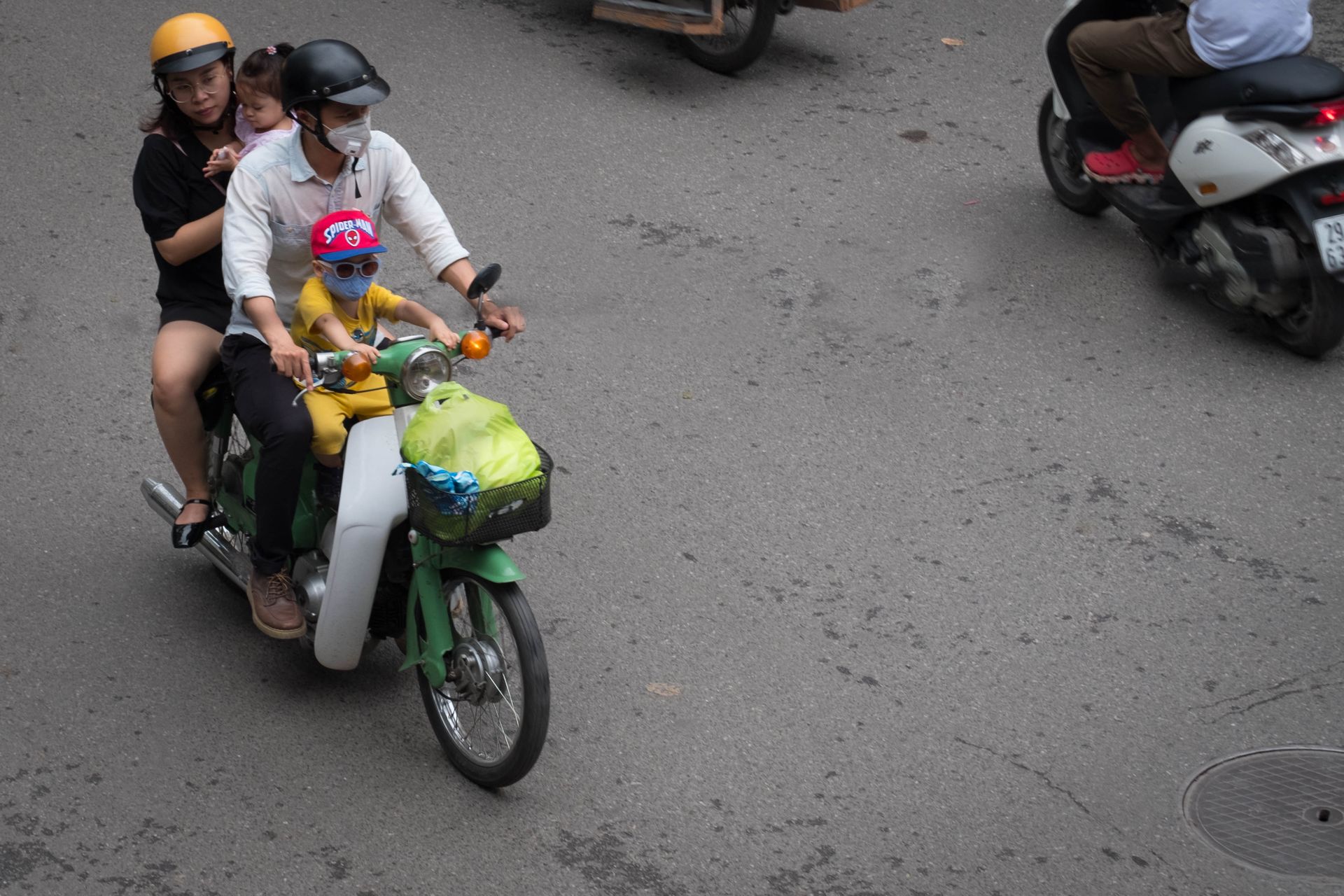
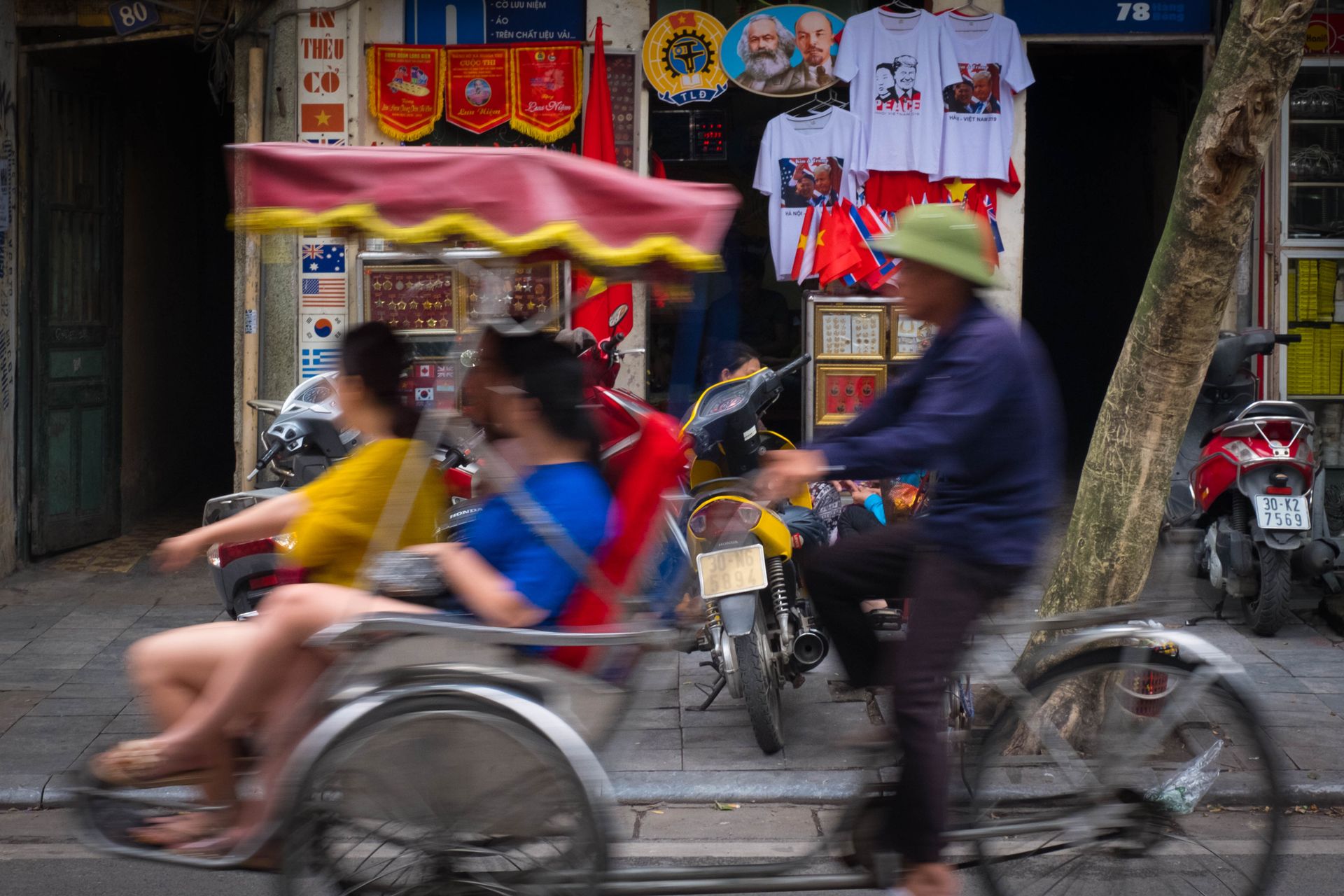
We are a little sorry that we cannot explore more of this country. Therefore, our motto is: Goodbye Vietnam.
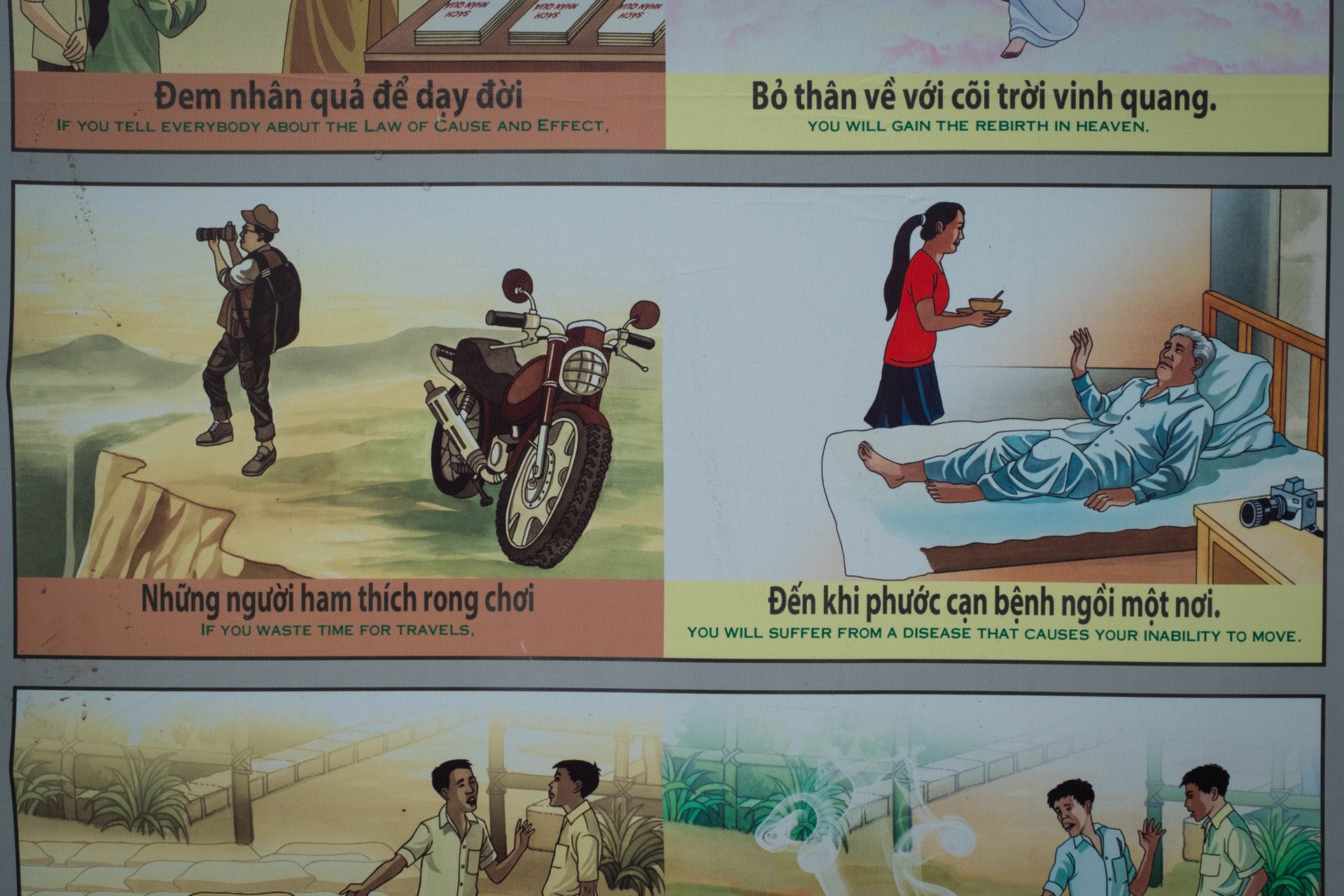
Ingwadiše go Lengwalo la Ditaba
Karabo
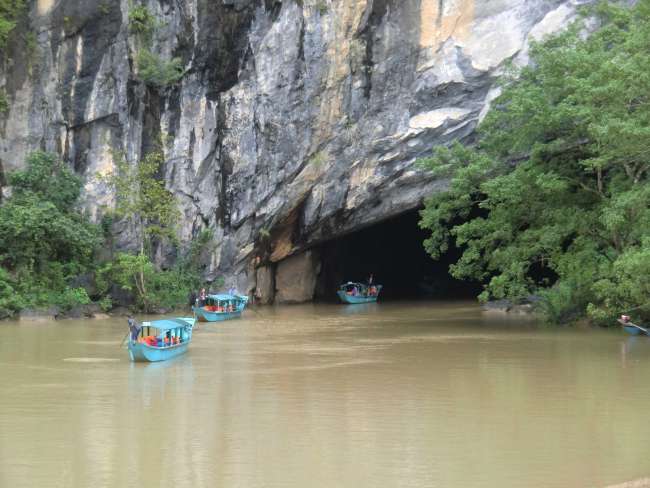
Dipego tša maeto Vietnam

